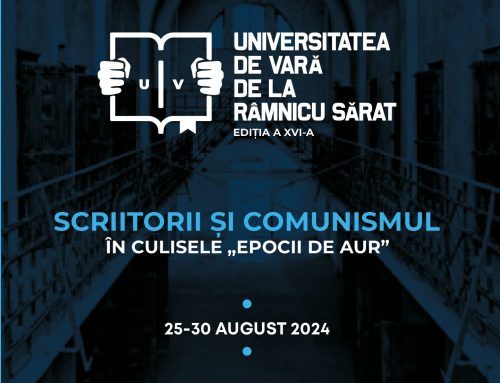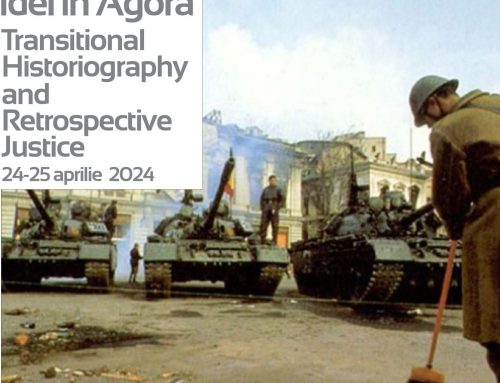The Big Red Screen: Cinema behind the Iron Curtain
In the attempt to create a new society, one that sought to make the old order permanently forgotten, the Communists found in cinema the ideal media communicator for their political goals.
In a classical study of the political propaganda through movies, British historian Richard Taylor pointed out that for the Bolsheviks, cinema was best used to convey the revolutionary message to a largely illiterate population that spoke over a hundred different languages and had a varied cultural background. It is in this context that the famous statement attributed to Lenin should be deciphered: “Of all arts, Cinema is the most important for us.” Cinema was perceived by the Bolsheviks as a predominantly visual, dynamic, modern medium – in a word: revolutionary.
After the end of the Second World War, the USSR exported the Soviet model of revolutionary cinema to its satellites. The implementation of this model varied depending on specific local conditions. But regardless of the degree of freedom and control, all these film industries were a state monopoly and were oriented in the direction of transmitting the propaganda messages of the new communist regimes. At the same time, it is no less true that the socialist film production emulated the Western cinema beyond the “Curtain” in genres borrowed from the latter, such as historical epics, crime films, comedies and even westerns.
This issue of History of Communism in Europe aims to follow the organization, operation and products of cinemas in the Eastern European communist bloc from a comparative perspective. We are particularly interested in covering the political control and the limits of liberalization in the film industry, the statute of filmmakers and the interaction with Western cinemas, as well as the resulting cultural products. Cinema as a field of research is at the crossroads of several scientific fields. Hence, the editors welcome contributions from different fields of research: art history, cultural studies, philosophy, sociology, visual anthropology, political science or any other related areas of interest.
Topics may address (but are not limited to) the following aspects:
- Institutional organization and exchanges
- Biographies of filmmakers
- Cinema & Propaganda
- Cultural policies
- Censorship
- Dissent in Cinema
- Film genres
Contributors are kindly asked to write abstracts (English or French) that do not exceed 500 words.
Deadline: April 30, 2024.
You may submit your proposals at: hce-online@iiccmer.ro, dalia.bathory@gmail.com, bogdan.jitea@gmail.com.
Selected authors will be notified by May 7th, 2024.
The deadline for the final draft of the paper is September 15th, 2024.
The academic journal History of Communism in Europe (hce.iiccmer.ro) is edited by The Institute for the Investigation of Communist Crimes and the Memory of the Romanian Exile. It is a journal open to all inquiries that have the objectivity, complexity and sophistication required by any research on the issue of communism, as well as on the different aspects of totalitarianisms of 20th Century Europe. These scholarly investigations must remain an interdisciplinary enterprise, in which raw data and refined concepts help us understand the subtle dynamics of any given phenomenon.
Photo credits: © Studiourile Buftea





